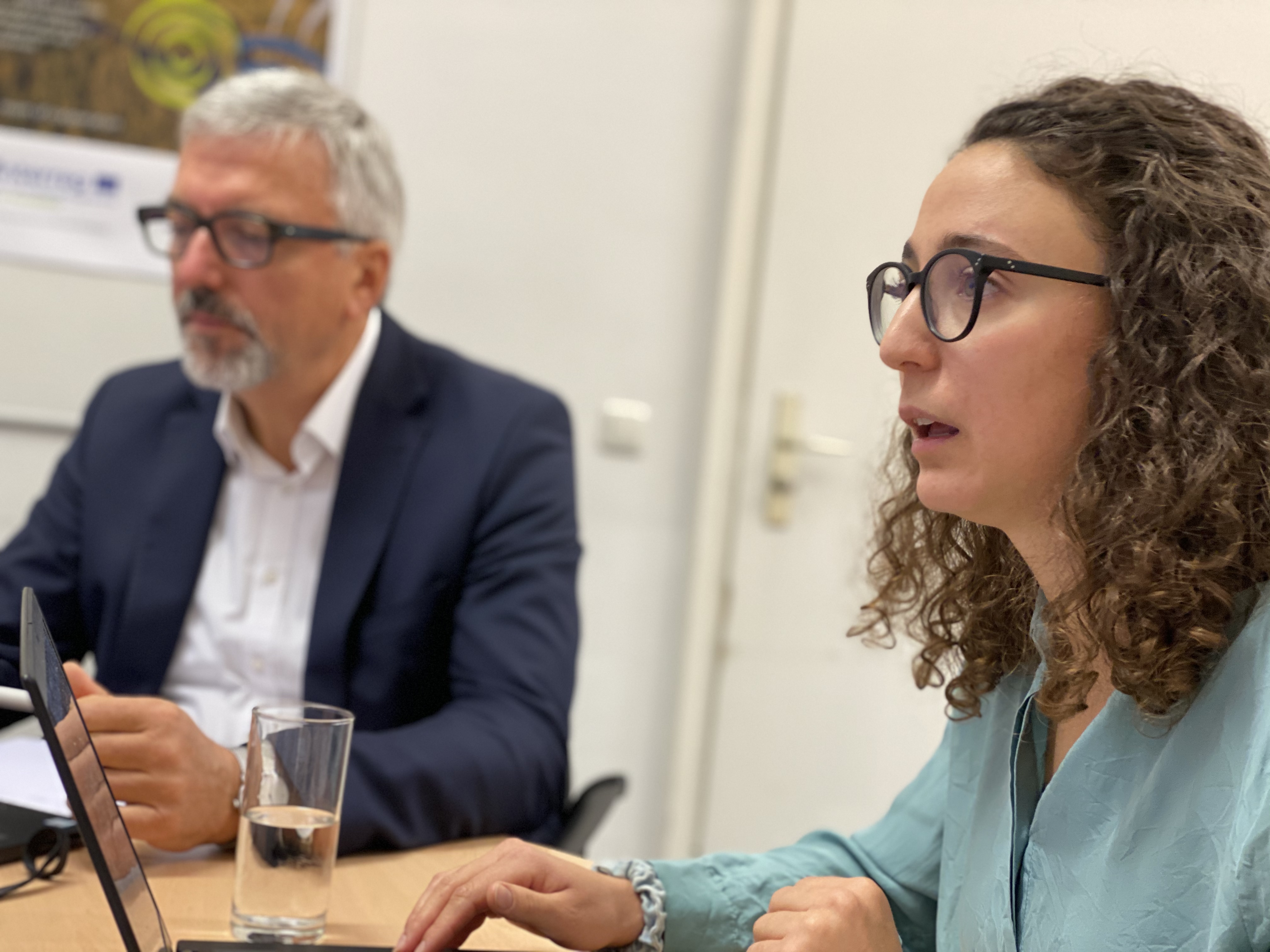Danube Floodplain - Danube Floodplain International Stakeholder Meeting (Munich, 15-16 October 2020)
22-10-2020
 The Danube Floodplain International Stakeholder Meeting took place on 15-16 October 2020 in online format from Munich (Germany) and was organized by the Chair of Hydrology and River Basin Management (Prof. Disse) of the Technical University of Munich (TUM).
The Danube Floodplain International Stakeholder Meeting took place on 15-16 October 2020 in online format from Munich (Germany) and was organized by the Chair of Hydrology and River Basin Management (Prof. Disse) of the Technical University of Munich (TUM).
The meeting hosted strategic international-level stakeholders across five countries from the upper regions of the Danube River Basin: Austria, Czech Republic, Germany, Slovakia, and Slovenia. The goal of the meeting was not only to inform the stakeholders about the state of the project and its preliminary results, but also to use this opportunity to get feedback on the methodologies before the end of the project. The results related to the restoration of floodplains in the Krka and Morava pilot areas were presented, as well as the achievements at the river basin level.
Project partners from many institutions presented the project’s results: the Technical University of Munich, the National Administration ‘Romanian Waters’, the Catholic University of Eichstätt-Ingolstadt, the University of Natural Resources and Life Sciences, the Slovenian Water Agency, the Povodí Moravy (Authority for the Morava River Basin), and WWF Hungary.
During the first day, the stakeholders also had the chance to attend presentations of connected projects, i.e. the Interreg Danube Sediment project, presented by M.Sc. Markus Reisenbüchler, and the PHUSICOS project, presented by Dr. Aude Zingraff-Hamed. Moreover, a stakeholder engagement session was also organised by the University of Natural Resources and Life Sciences to get feedback regarding the Floodplain Evaluation Matrix (FEM) methodology.
During the second day, local project partners presented the results of hydrodynamic modelling in the pilot areas. Then, three presentations were given on the topics of ecosystem services (ESS) mapping, decision making through cost-benefit analysis and ESS monetization, and the resulting feasibility studies conducted of practical interventions for floodplain restoration methods.
The event contributed to the creation or reinforcement of a network of stakeholders that are interested in the topics of habitats restoration, flood risk management, and nature-based solutions. Their cooperation is very important regarding the planning and realization of projects related to integrative water management through restoration of floodplains, combination of grey and green infrastructure, and natural retention measures.
